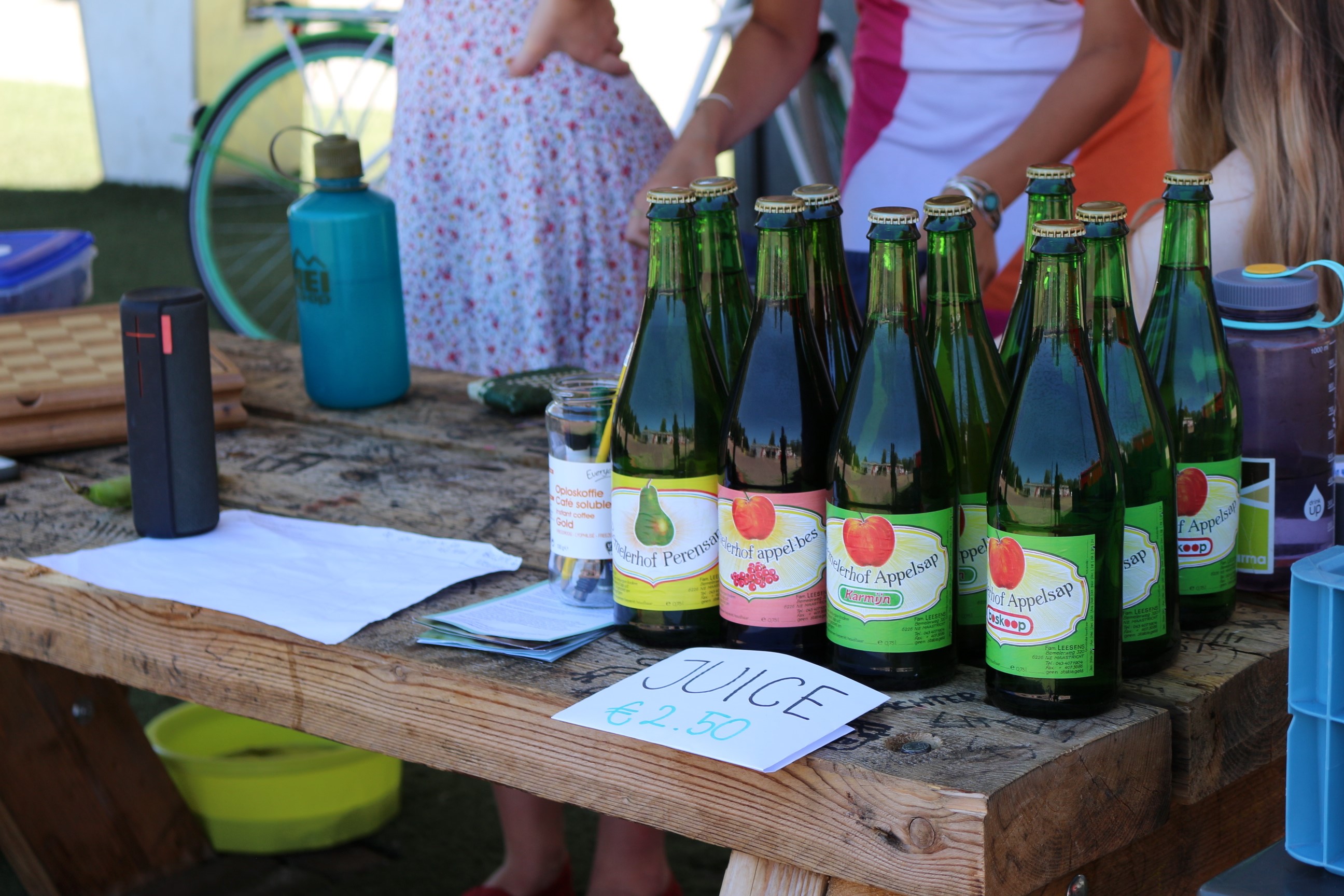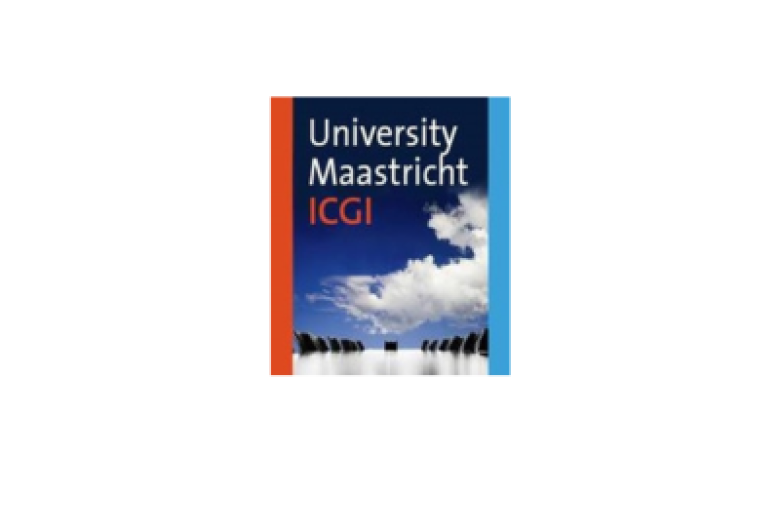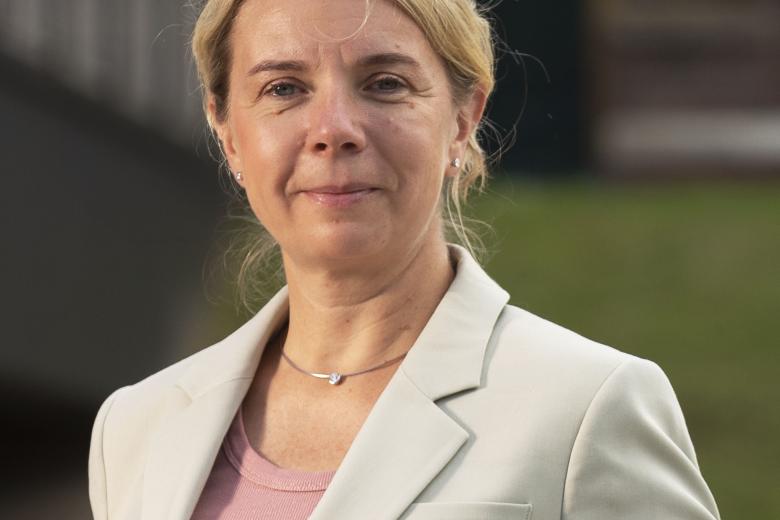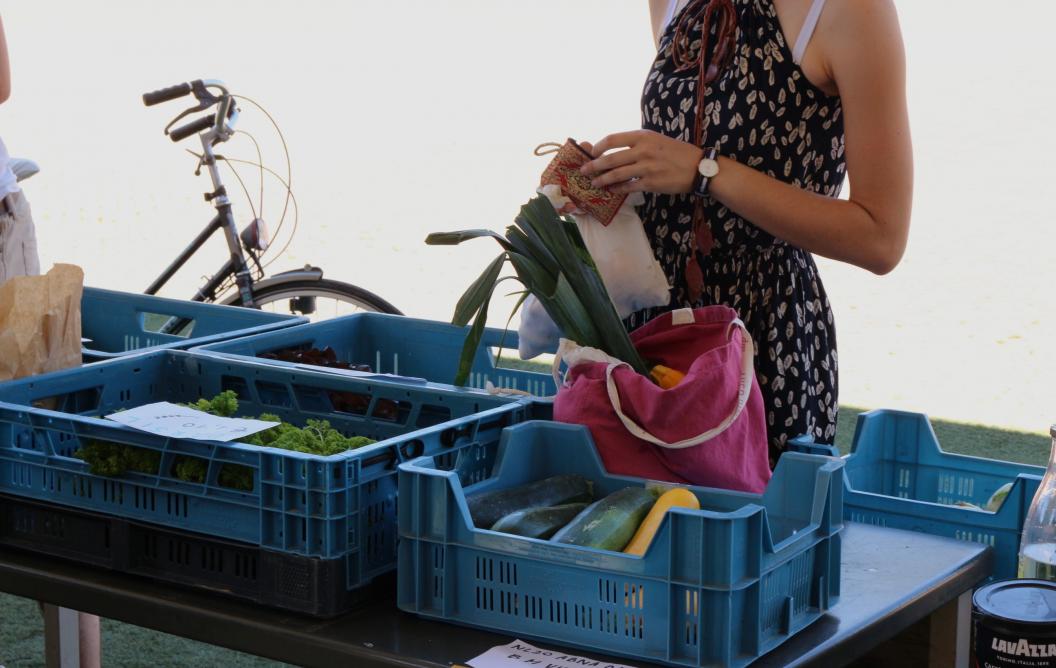Students run ‘not another supermarket’
In 2018, UM student Liza Diane Gordin and some fellow students received a grant from the University Fund Limburg/SWOL to set up the first student food cooperative of the Benelux. This special initiative, called the Foodcoop Maastricht, helps the students realise their ambition: making organic and sustainable products accessible to and affordable for anyone.
Liza Diane: ‘‘The idea to found a student food cooperative in Maastricht came about when I returned from my semester abroad in Australia. There, food cooperatives are common; almost every big university has such a food distribution outlet run by local volunteers. Once back in Maastricht, I realised that as a student on a budget, I could not afford to buy organic and sustainable products, simply because they are too expensive. As a result, with the support of co-founder Felix Siebel, I posted a message on Facebook looking for students who wanted to help me start the Foodcoop Maastricht, a food cooperative serving products that are affordable, local, organic, ethically produced and mostly plastic-free. Before I knew, there were twenty people in my living room, ready to make this ‘supermarket alternative’ a reality!’’

A kind farmer called Joel
‘‘What makes the Foodcoop Maastricht different from supermarkets? Well, most food retailers in the Netherlands are part of big corporations that are mainly profit-driven and less focused on the environment and sustainability. We are a not-for-profit sustainable alternative, striving to sell our fruit, vegetables and other products for a fair price. To achieve this, we try to minimise additional costs by reducing our profit margin and reducing the costs of the rent, marketing, and employees. Additionally, we try to ensure our produce is seasonal and organic through being supplied by local farmers only. In this way, we also bridge the gap between (student) consumers and the region they currently live in. How great is it for someone to know that (s)he will eat a zucchini that was personally grown and harvested by a kind farmer called Joel, who lives not so far away from Maastricht?’’
Placing an order is easy
‘‘Our main goal is to make organic and sustainable vegetables, fruits and other products accessible to and affordable for the community in Maastricht, in particular to students. However, anybody is welcome to join our movement. You can find all the info about our sales on our Facebook page and website. Most of the time you need to fill in the order form before Monday. Once you receive a confirmation of your order, you can pick it up at the ‘Keldertje’ (behind Landbouwbelang Maastricht) between 14.00 and 16.00 o’clock on Wednesdays. I am happy to see that every week around 50 people, mainly students, place an order. This demonstrates that the Foodcoop Maastricht successfully stimulates sustainable consumption in the local student community; it shows them that there are other, more sustainable economic models and ways to supply food to a community.’’
Caring about the planet
‘‘I stepped down as president of the Foodcoop Maastricht last October, but I want to mention one more time how grateful I still am for all the students and board members that helped last year and for the students who are currently volunteering every week. Their positive energy and time investment are exceptional! I am proud that Maastricht is the first student city to pioneer with a functioning food cooperative, one that cares about the planet. We strongly believe that consuming more organic and sustainable products has a positive impact on reversing the negative effects of climate change. With the Foodcoop Maastricht, we can create solutions to those issues, together, as one community!’’
Text: Milou Schreuders
Photography: Foodcoop Maastricht
Also read
-
Harm Askes: “Helping people excel, no need for showmanship.”
Harm Askes, the new vice-dean of FSE “Let’s continue building a faculty where talent shines: no ego, just impact, collaboration, and curiosity."

-
Roundtable on Reflection Period
ICGI and the Elverding Chair organise a roundtable on 10 November 2025.

-
From here …. to a sustainable Maastricht University in 2035
The road to sustainability is certainly not a one-way street and cannot be walked in just one day. Walking the road together takes time and requires dedication and cooperation. In the coming years, we will take steps to make our university more sustainable. The UM Sustainability Roadmap 2030 has...

